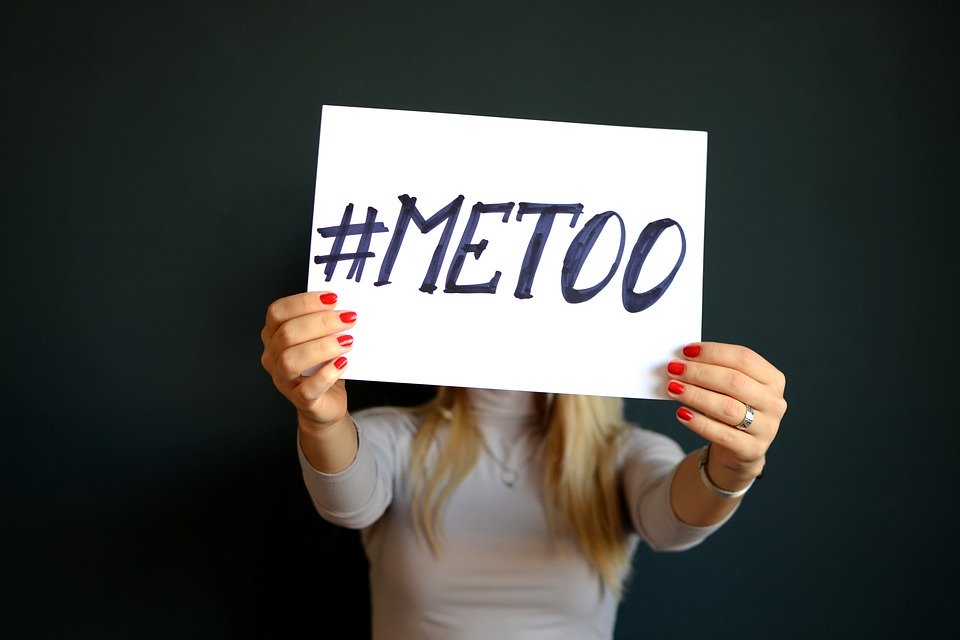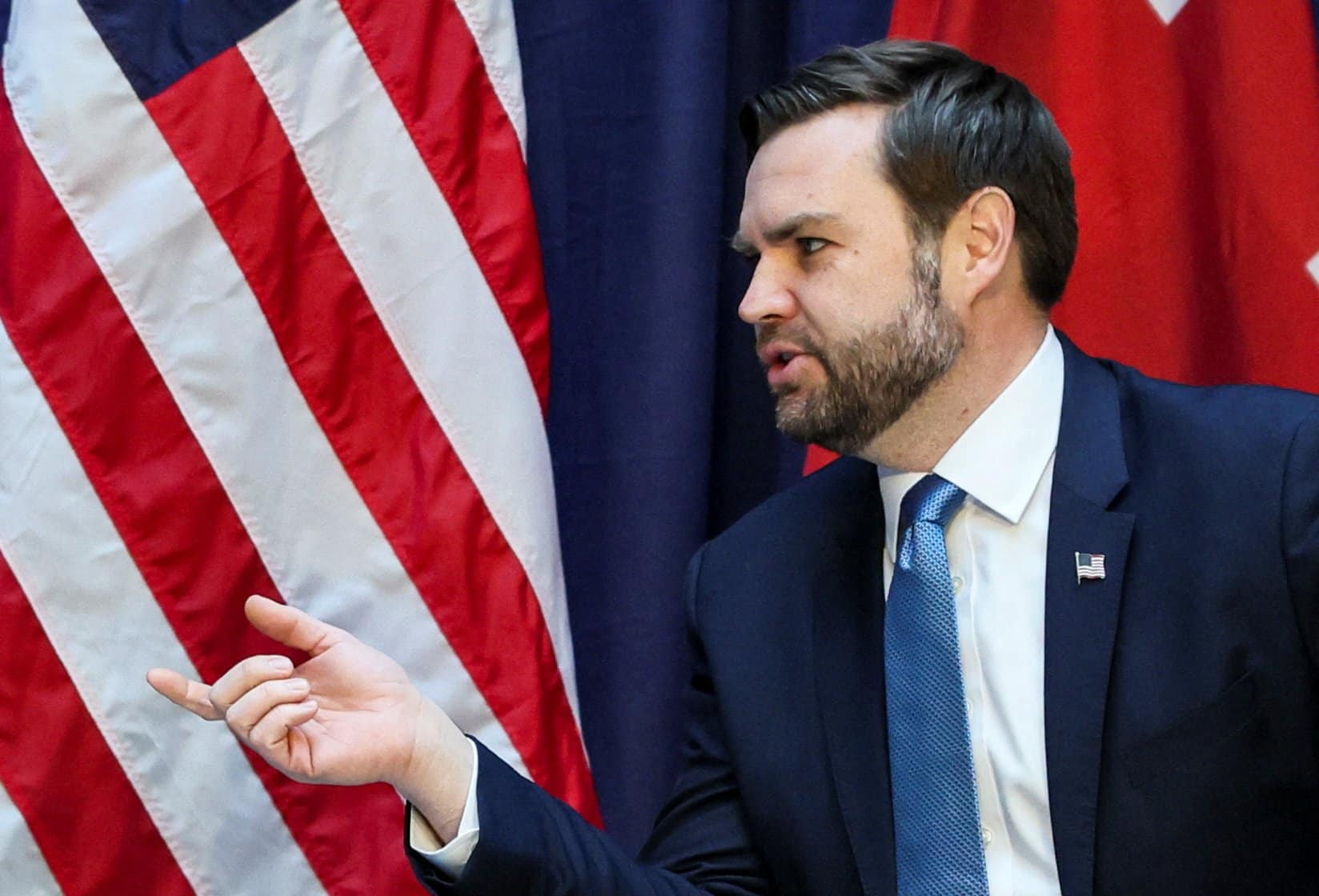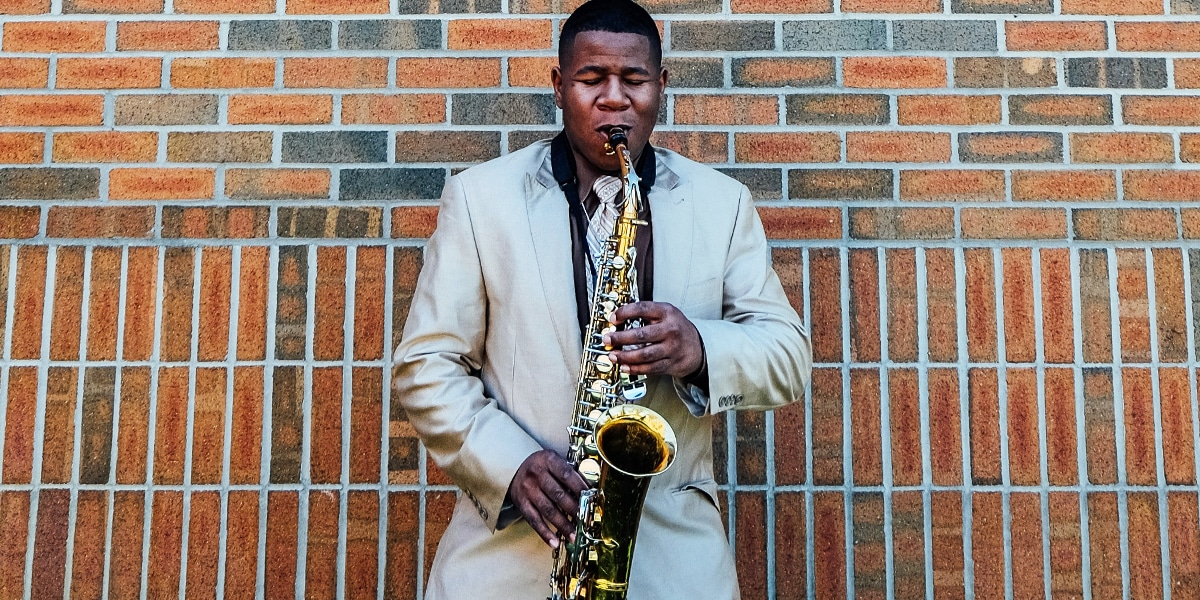Look at any newspaper, magazine, or any type of social media these days, and you would be hard-pressed to not find some story or post about sexual assault or harassment. The floodgates opened last October after The New York Times published allegations of sexual harassment and assault against Hollywood mogul Harvey Weinstein. Soon after, the pool of those being accused quickly widened, ranging from actors to politicians to corporate executives. Every day it seems there’s another headline highlighting yet another allegation.
In the aftermath, actress Alyssa Milano reignited the Me Too (#MeToo) campaign originally begun in 2007 by Tarana Burke to aid sexual assault survivors in underprivileged communities. Milano shared a Tweet from her friend that said, “If all the women who have been sexually harassed or assaulted wrote, ‘me too’ as a status, we might give people a sense of the magnitude of the problem. ” Milano then wrote:
“If you’ve been sexually harassed or assaulted write ‘me too’ as a reply to this tweet. ” The campaign spread like wildfire, with individuals female and male recounting their own experiences of sexual assault and harassment. It suddenly became abundantly clear that this was not only a Hollywood issue or a political one. Those stories are certainly the ones grabbing the headlines, but many other people have begun sharing their experiences.
It seemed as if everyone was talking about the situation.
Deafening Silence
One group that didn’t make a loud and clear denouncement of the situation was the US bishops. They had a perfect opportunity when they gathered in Baltimore for their annual fall meeting November 13â14. During the meeting, the bishops discussed many different topics. Unfortunately, sexual harassment or abuse was not one of them.
A look at their website shows statements the bishops have made on issues such as immigration, gun violence, racism, and tax reform, among others. But not one about the current situation regarding sexual assault or harassment. Why?
The bishop’s Human Life and Dignity page on the website states, “As a gift from God, every human life is sacred from conception to natural death. The life and dignity of every person must be respected and protected at every stage and in every condition. ”
The concept of human dignity is also addressed in the Compendium of the Social Doctrine of the Church: “A just society can become a reality only when it is based on the respect of the transcendent dignity of the human person. ”
And the Catechism of the Catholic Church states, “The dignity of the human person is rooted in his creation in the image and likeness of God ” (1700). Surely, one could find other quotes in which the bishops or the Catholic Church speak to the importance of standing up for human dignity. So, if it’s an issue that is addressed in these various sources, shouldn’t it be important enough to speak up right now when so many people are paying attention to the topic? So why haven’t they?
Why the Inaction?
It is not fair to speculate as to why the bishops have not addressed the issue. But it is clear that the current climate offers them a perfect opportunity to reaffirm the intrinsic value of each person. With their silence, the bishops are sending a message, just not the right one.
Having gone through the horrors of the clergy sexual abuse crisis, one would have hoped the bishops had learned the power of speaking up, of making their voices heard in the face of abuse and injustice. They have, unfortunately, seen up close the pain that such harassment and abuse can cause.
On so many issues, the bishops seem to have no problem making their voices heard. Why, then, should this one be any different?
What’s Our Role?
While it is disappointing that the US bishops have not spoken up in the face of this situation, they are not responsible for bearing the weight of this crisis. As is evident by the wide range of people speaking out
about their own stories of harassment or abuse through the Me Too campaign, we know that this is not a problem confined to the entertainment, sports, or political worlds.
Those stories will grab the headlines, but, unfortunately, this is an everyday problem for far too many people. And it will continue after the stories drop off the front page. So what do we do? Well, first and foremost, we need to say something. If you have had an experience of harassment or abuse, tell your story. If you haven’t, let people know that you will not tolerate any behavior that in any way demeans or takes advantage of a person.
The current headlines should serve as an example of our responsibility to be a visible and vocal reminder to all that we must respect and honor the dignity of every person.








